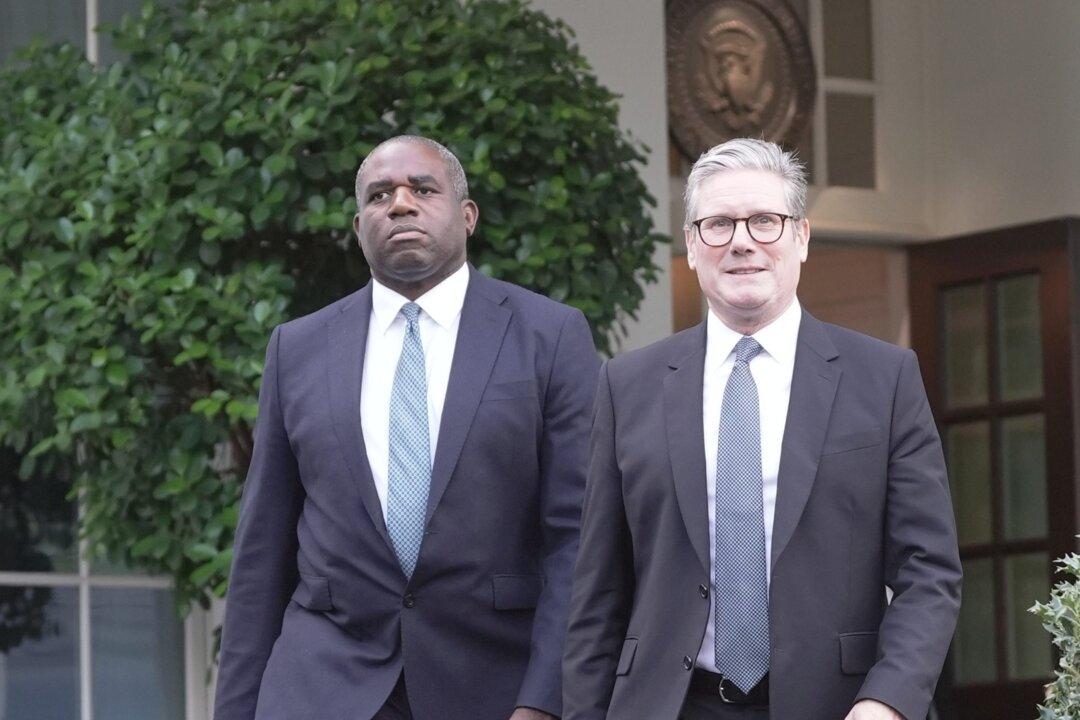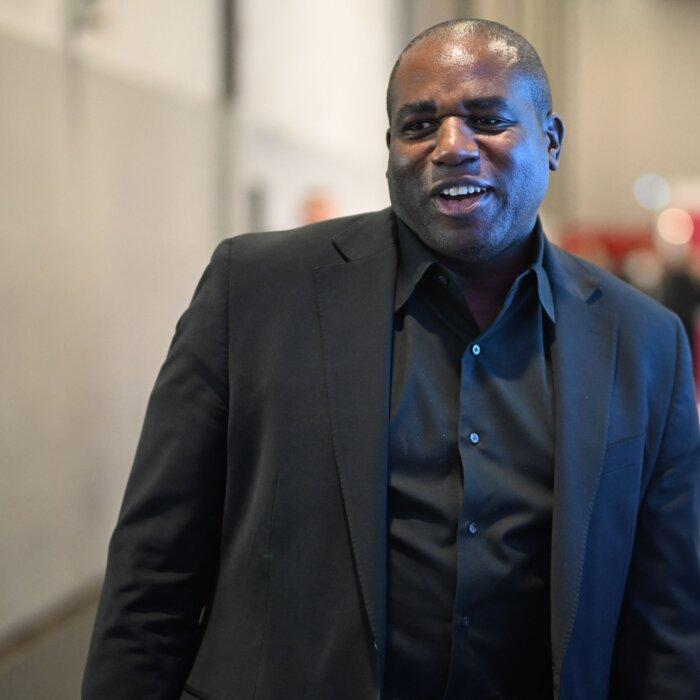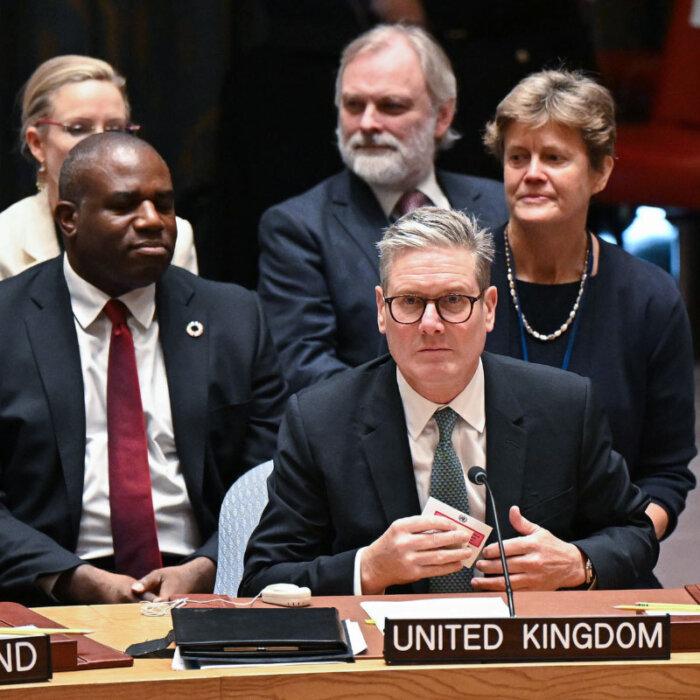Britain will seek to convince President-elect Donald Trump that imposing tariffs on British imports is not in Washington’s interests, Foreign Secretary David Lammy said on Thursday.
Trump wants to increase tariffs on goods imported from around the world, including the UK, by 10 percent, with the figure rising to 60 percent on goods from China.
Downing Street is keen to uphold smooth trade and political links with Washington, given the potential impact of Trump’s trade plans on the UK economy.
Additionally, there are concerns that past comments could strain relations, including by the foreign secretary, who previously described Trump as a “neo-Nazi” sympathiser.
However, according to Lammy, the comments weren’t brought up during the visit to the United States in September, when both the foreign secretary and prime minister met with Trump in New York.
Speaking on the BBC’s “Newscast” podcast, Lammy said that the government will seek to work on economic ties with the United States.
“We will seek to ensure and to get across to the United States—and I believe that they would understand this—that hurting your closest allies cannot be in your medium- or long-term interests, whatever the pursuit of public policy in relation to some of the problems posed by China,” Lammy said.
Impact on Global and UK Economy
Trump’s second-term plans for blanket tariffs of 10 percent on virtually all imports as well as tariffs of 60 percent or more on goods from China aim to boost U.S. manufacturing.The think tank’s analysis found that impact will vary for individual economies, depending on their trade relations with the United States.
Ahmet Kaya, principal economist for NIESR, said the UK economy could be “one of the countries most affected” with the proposed tariffs coming as “yet another shock” to the country. UK economic growth has been projected to slow to 0.4 percent in 2025, down from a forecast of 1.2 percent.
Trump’s tariff plans raise concerns of rising costs for British taxpayers, the leader of Liberal Democrats Ed Davey told the House of Commons on Wednesday.
Starmer told MPs that his government put the economy as a “centrepiece” to its Budget and will seek to secure economic growth.
Bronwen Maddox, director of the Chatham House foreign affairs think tank, suggested that the Trump administration will “move quickly” on its tariff plans.
“So it’s not good for exactly the kind of economic growth that Keir Starmer is putting so much weight on,” Maddox said.
Speaking on Thursday, Bank of England Governor Andrew Bailey said the bank will be closely monitoring developments following the U.S. election.
“There are a lot of risks attached to the fragmentation of the world economy... let’s see what happens. It’s too early to judge,” Bailey told reporters.







